How can industries minimize the risk of explosions due to combustible dust particles?
Even very small amounts of combustible dust can cause serious damage, and any workplace that generates or handles combustible dust is potentially at risk. Testing dust combustibility and explosivity can help characterize the risk of hazards and support the development of mitigation strategies to prevent accidents.
However, devising and maintaining effective mitigation strategies requires a high level of expertise: risks can vary from day to day across processes, materials, and equipment. The hazards associated with combustible dust can change due to the launch of new processes, lapses in cleanliness, or changes in raw materials.
Understand your dust hazards and the challenges that may arise throughout a dust hazard analysis.
Exponent's multidisciplinary team of thermal scientists and engineers are experts in fire and explosion investigation and the interpretation of NFPA standards. Our consultants actively contribute to the development of fire and explosion safety standards, including combustible dust hazard standards.
We work with clients to develop and execute combustible dust testing programs that support high-quality, value-added DHAs. We often work with facilities after a DHA has been completed to implement focused, cost-effective dust hazard management programs by helping our clients understand and prioritize a DHA's recommendations. We can also conduct more detailed technical or risk-based analyses in circumstances where adherence to prescriptive requirements in standards is not logistically or financially feasible.
Is your facility equipped to conduct an in-house industrial dust hazard analysis?
Industrial facilities that handle combustible dust can reduce the risk of enforcement agency citation, mitigate potential fire or explosion hazards, and most importantly, protect workers and surrounding communities from the dangers of combustible dust through a proactive approach to DHA. While some standards and references provide useful resources for conducting a DHA, interpreting and implementing these resources often requires combustible dust expertise and data from material testing.
One of the first steps an industrial facility can take to prepare for a DHA is to evaluate in-house resources to determine whether you can adequately complete a systematic examination of potential hazards and available mitigation techniques.
Facilities often lack the dedicated resources that form the foundation for completing a DHA, including sampling and testing dust, gathering data, and writing procedures for equipment operations and maintenance. Others may lack records that document the rationale behind equipment design, installation, and protection. This is especially understandable if the equipment has been designed, installed, and modified over the course of decades of operation.
Exponent can help your facility identify what existing documents are relevant and what additional information should be collected from field surveys, original equipment manufacturer documentation, sampling, and testing.
How does Exponent help you meet the NFPA standards requirements for a dust hazard analysis?
NFPA standards allow for some flexibility in how facilities conduct DHAs, but each facility needs to understand the exacting standards and the degree of technical expertise required. For over 30 years, Exponent's thermal scientists and engineers have investigated industrial dust explosions, contributing to our unique perspective on risk evaluation and providing clients with the practical insights needed to manage combustible dust risks.
In addition to leveraging our extensive experience from dust explosion investigation, Exponent also performs advanced thermal testing and evaluations in our state-of-the-art Combustible Dust Testing Laboratory. Our knowledge and experience in both explosion investigation and testing extend across multiple industries, providing further insights into how combustible dust hazards can surface and be mitigated.
Capabilities
We help you identify dust hazards and mitigate future risks from combustible dusts.
Exponent helps facilities identify equipment and process gaps that pose dust hazards or compliance risks. Our multidisciplinary teams leverage diverse capabilities to develop risk management strategies, with the goal of managing the largest risks first while also helping facilities evaluate the benefits and limitations of mitigation proposals from other vendors.
Our Capabilities Are Unparalleled
With expertise in over 90 disciplines and hundreds of capabilities, tools, and methodologies — we get to the root of even the most complex challenges and give you the objective answers you need.
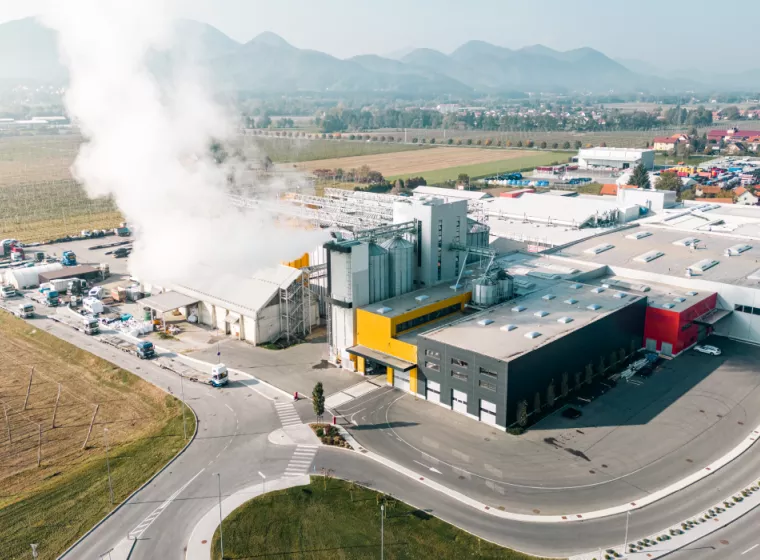
On-site Inspections
On-site inspections for uncovering the scientific and engineering evidence needed to drive your most important decisions.

Occupational Health & Safety Compliance
Evaluate potential exposures to chemical, biological, and physical hazards in the workplace with on-site assessments.
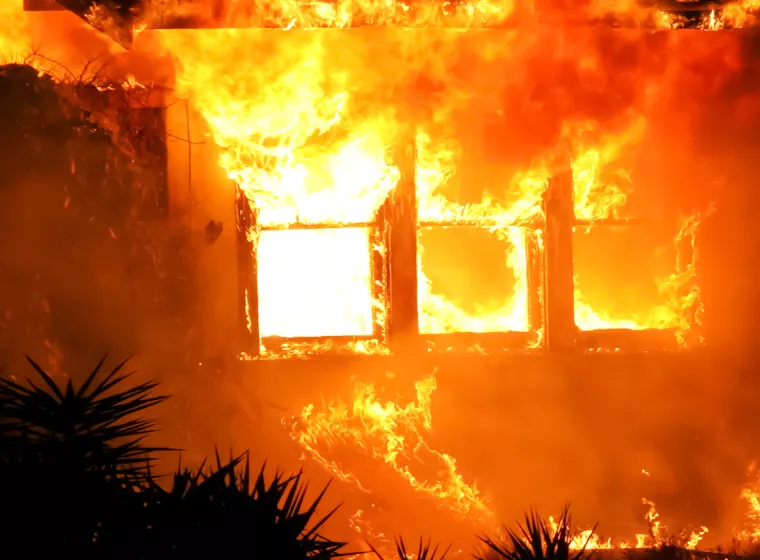
Fire & Explosion Investigations
In-depth field examinations and high-tech modeling and testing to determine the origin and cause of fires, gas explosions, dust explosions, and other explosions...
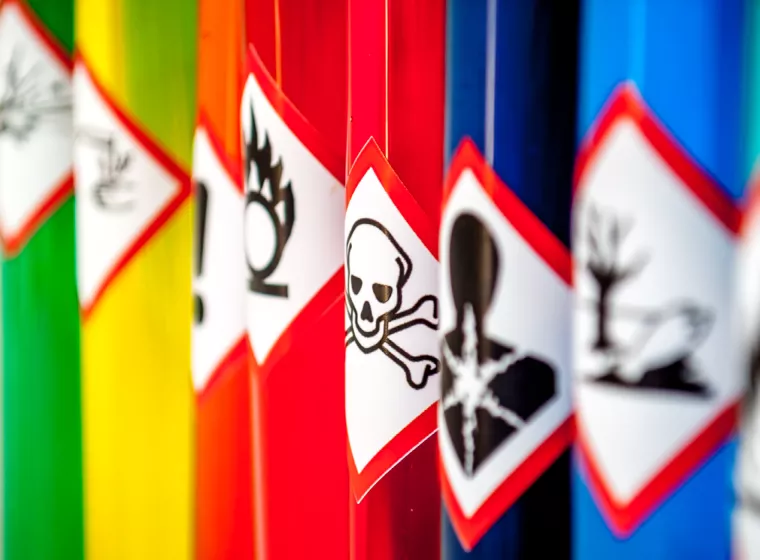
Process Safety Hazards & Risk Analysis
Thermal science expertise to help you Identify hazards, mitigate risks, and improve safety and compliance with regulatory practices
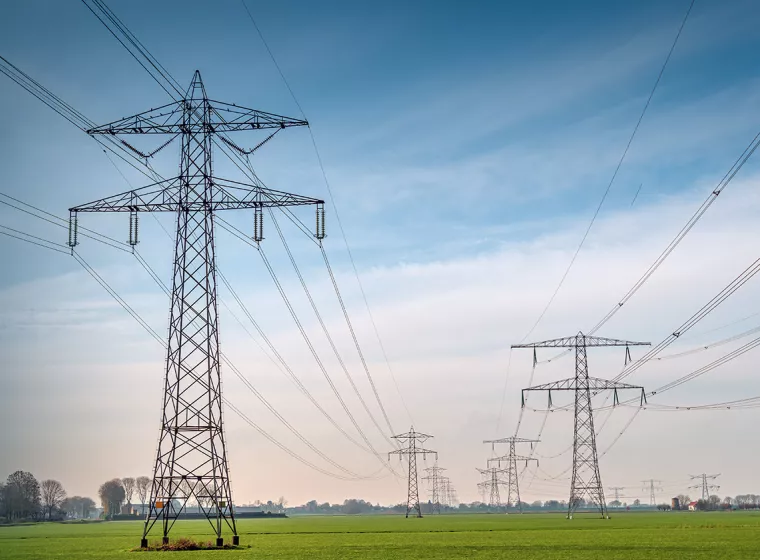
Thermal Sciences Expertise for Utilities
Overcome any utility operations challenge — from safety to asset management, and more.
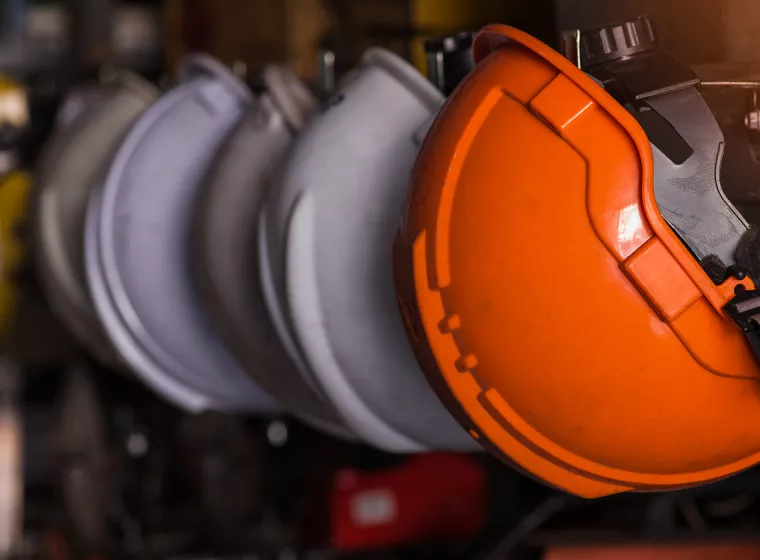
Occupational Health
Occupational and environmental health risk assessment and mitigation strategies to help protect employee health and wellness.
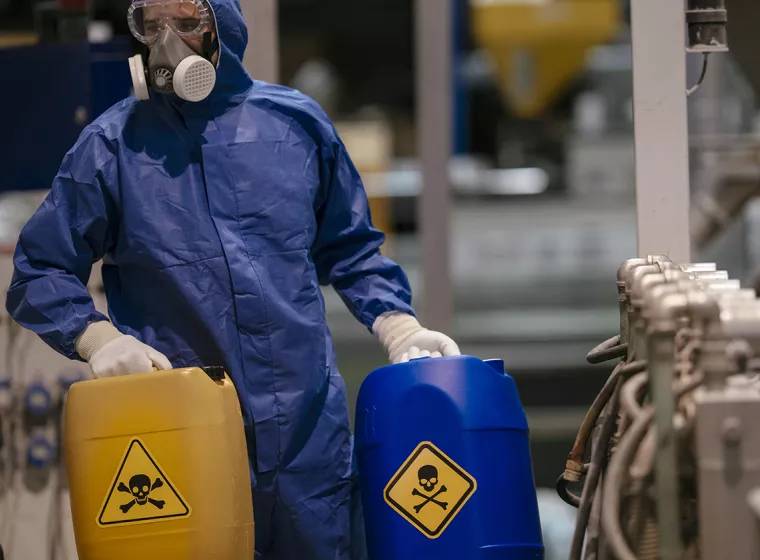
Industrial Chemicals
Regulatory support for chemicals, solvents, polymers, antimicrobials, biocides, and more.
![Computational Modeling [TS]](/sites/default/files/styles/cards_home_card/public/media/images/GettyImages-182174791.jpg.webp?itok=kmskqW9J)
Computational Modeling; Thermal Sciences
A less expensive and faster alternative to thermal or flow experiments.
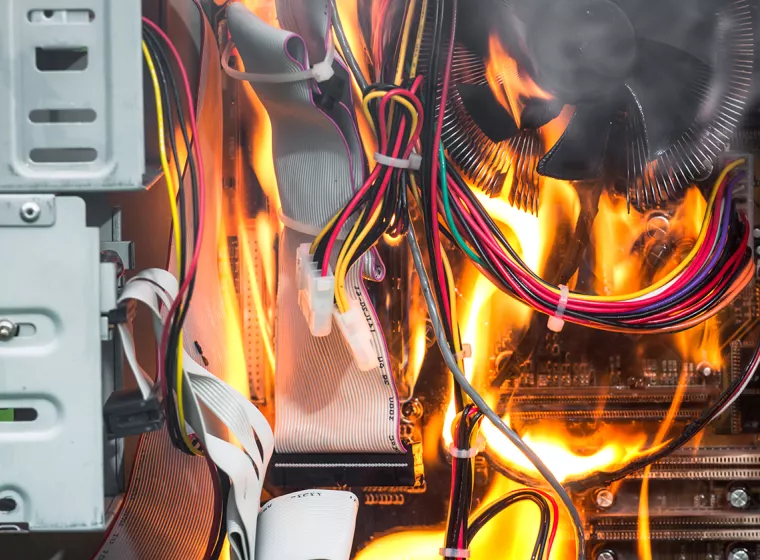
Thermal Sciences Expertise for Disputes
Evidence-based scientific insights and expert witness support for industrial fires and explosions, oil and chemical spills, and equipment failures.

Occupational & Process Safety
Expert consulting support for mitigating human behavior-related work and process safety risks.
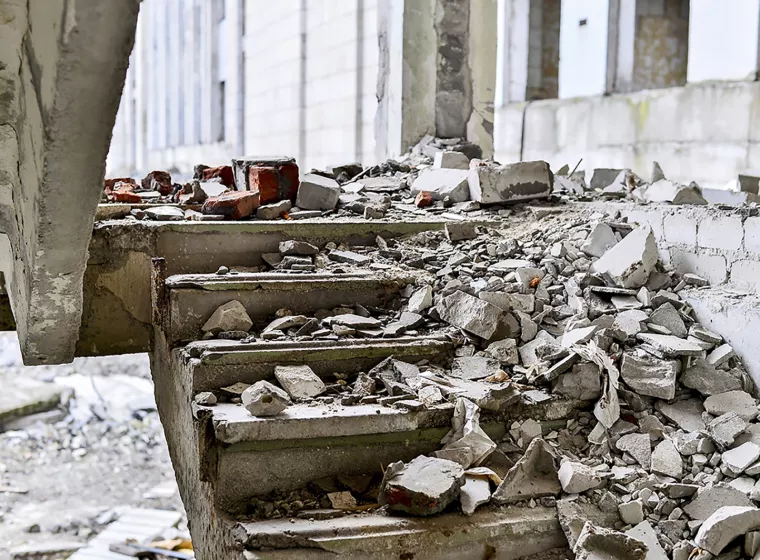
Structures Affected by Fires & Explosions
Determine the root cause of a fire or explosion with expert investigations and analyses.
Insights
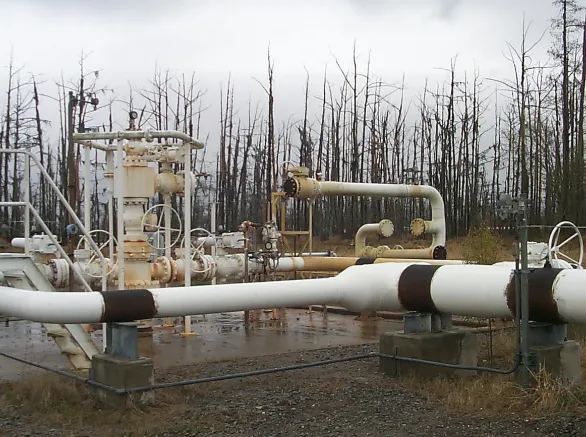
![Fire Protection Engineering [TS]](/sites/default/files/styles/hero_purple/public/media/images/GettyImages-1180177143.jpg.webp?itok=7RVg-nJA)
![Root Cause Analysis: Electrical Fires & Explosions [EECS]](/sites/default/files/styles/fifty_node/public/media/images/GettyImages-1240901979.jpg.webp?itok=2yfJgUVH)